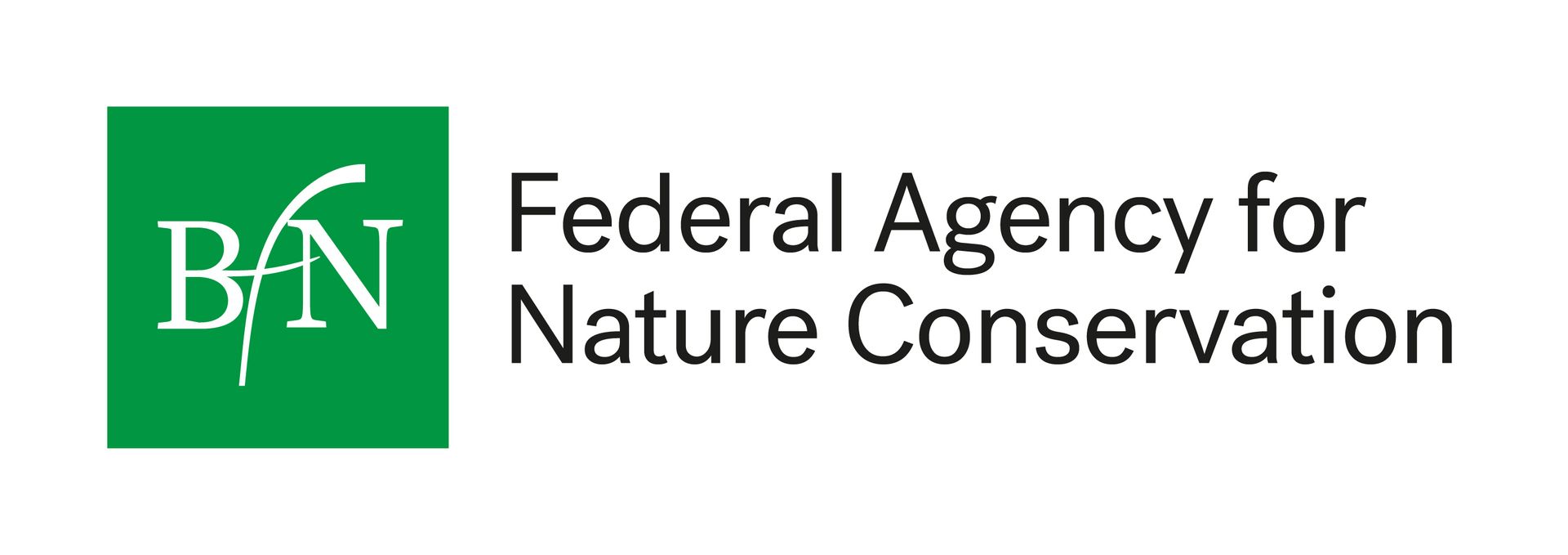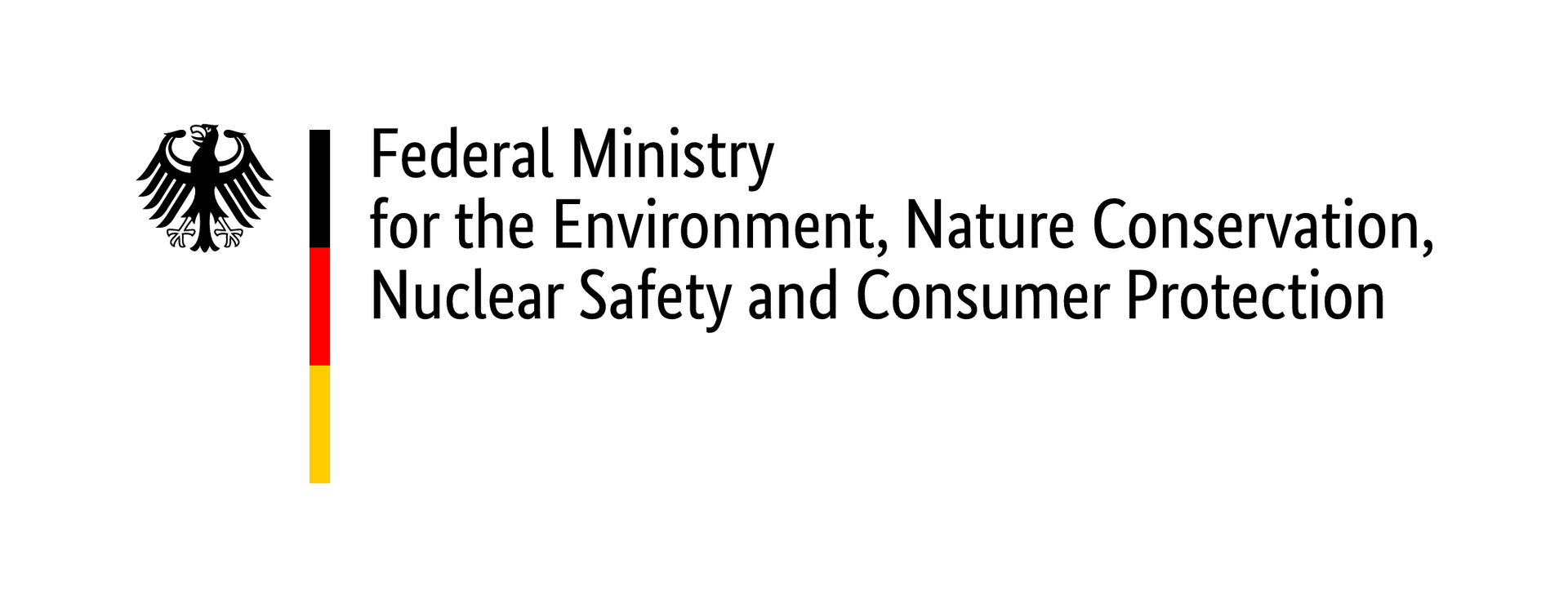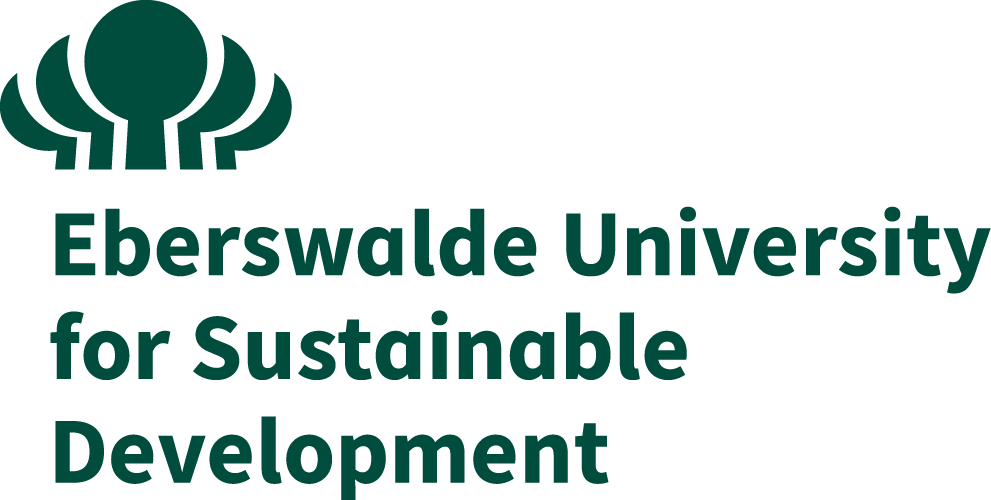Workshops for European Biosphere Reserves (BRs)
The multi-day workshop series fosters exchange between European biosphere reserves on current topics of relevance. The project is funded by the Federal Agency for Nature Conservation (BfN). Between 2019 and 2022, the workshops were organised by the Michael Succow Foundation, focusing on insect conservation, participation, and climate neutrality in biosphere reserves. Since 2023, the Biosphere Reserves Institute has assumed responsibility for organising the workshops, under the coordination of Dr. Ana Filipa Ferreira.
The current series of workshops supports the advancement of the Lima Action Plan and the Eberswalde Declaration by bringing together biosphere reserve practitioners and researchers to promote the exchange of good practices, collective learning, and networking. The workshop structure is inspired by the European Biosphere Reserves Meetings of the Man and the Biosphere Programme (EuroMAB). Each workshop includes a mix of presentations, discussions, and group work. All workshops also feature a visit to a biosphere reserve and a cultural evening. Using this basic format, each workshop is individually tailored based on the expertise of the organising team, the location, and the topic, while building on lessons learned from previous workshops.
In 2024 and 2025, two workshops were organised focusing on research and citizen science in European UNESCO Biosphere Reserves. The next workshop will take place in November 2025 and will focus on collaboration (more information here).
Workshops
The first workshop of this series, titled “Research in European Biosphere Reserves,” was held in February 2024 in Eberswalde. It addressed key topics such as research progress, existing gaps, collaboration, and data accessibility and management. The programme also included an excursion to the Schorfheide-Chorin Biosphere Reserve.
The workshop brought together 28 participants from 15 different countries and biosphere reserves, along with numerous professors, researchers, and students from the Biosphere Reserves Institute. It emphasised the critical intersection of scientific research, policymaking, and the practical realities of managing biosphere reserves. The event highlighted both the achievements and ongoing challenges faced by practitioners and researchers in Europe, while providing valuable opportunities for exchange, networking, and shaping future collaboration.
More information is available here.


The second workshop in the series, titled “The Potential of Citizen Science in European UNESCO Biosphere Reserves,” took place in February 2025 on the Isle of Vilm, within the South-East Rügen Biosphere Reserve. The programme featured sessions on citizen science from various perspectives, including UNESCO’s, as well as practical experiences and its connection with research guidelines. Participants also enjoyed a guided tour of key features of the South-East Rügen Biosphere Reserve and a nature walk on the Isle of Vilm, located in the core zone of the reserve.
The workshop brought together 33 participants from 17 countries and biosphere reserves. It underscored the significant potential of citizen science in UNESCO Biosphere Reserves for generating research and monitoring data, supporting decision-making, fostering public engagement, and empowering communities. Citizen science was also recognised as a means of facilitating knowledge co-creation and learning at the local level. A key outcome of the workshop was the inclusion of citizen science as a criterion in the evaluation of German UNESCO Biosphere Reserves.
The third and final workshop of this series, titled „Collaboration in European UNESCO Biosphere Reserves“ took place in November 2025 at the University for Sustainable Development Eberswalde. The programme included sessions on “Collaboration in Transdisciplinary Research”, “Collaboration within MAB Regional and Thematic Networks“ and “Collaboration in Governance“ as well as a day-excursion to the Spreewald Biosphere Reserve.
The workshop brought together 34 participants from 20 different European countries representing 22 different BRs. They shared good practices of collaboration, discussed challenges and opportunities and experienced collaboration first-hand through the Art of Hosting method “Collaborative Design for Wiser Action”, in which six participants each brought one case from their biosphere reserve for the group to work on. Among the practical outcomes are next steps to create an informal MAB thematic forest network and an informal network on sustainable food systems.

Support and Funding
This workshop series is supported by the Federal Agency for Nature Conservation (BfN) with funds from the Federal Ministry for the Environment, Nature Conservation, Nuclear Safety and Consumer Protection (BMUV).



